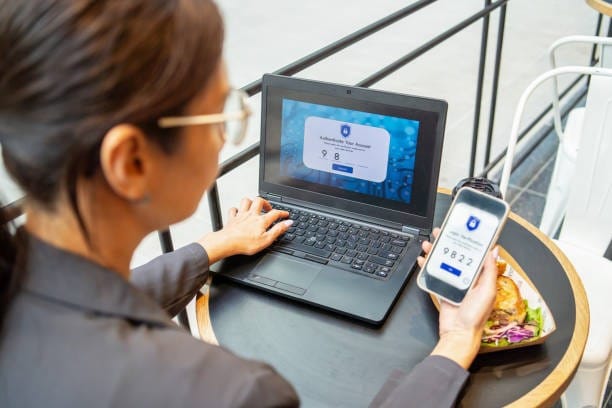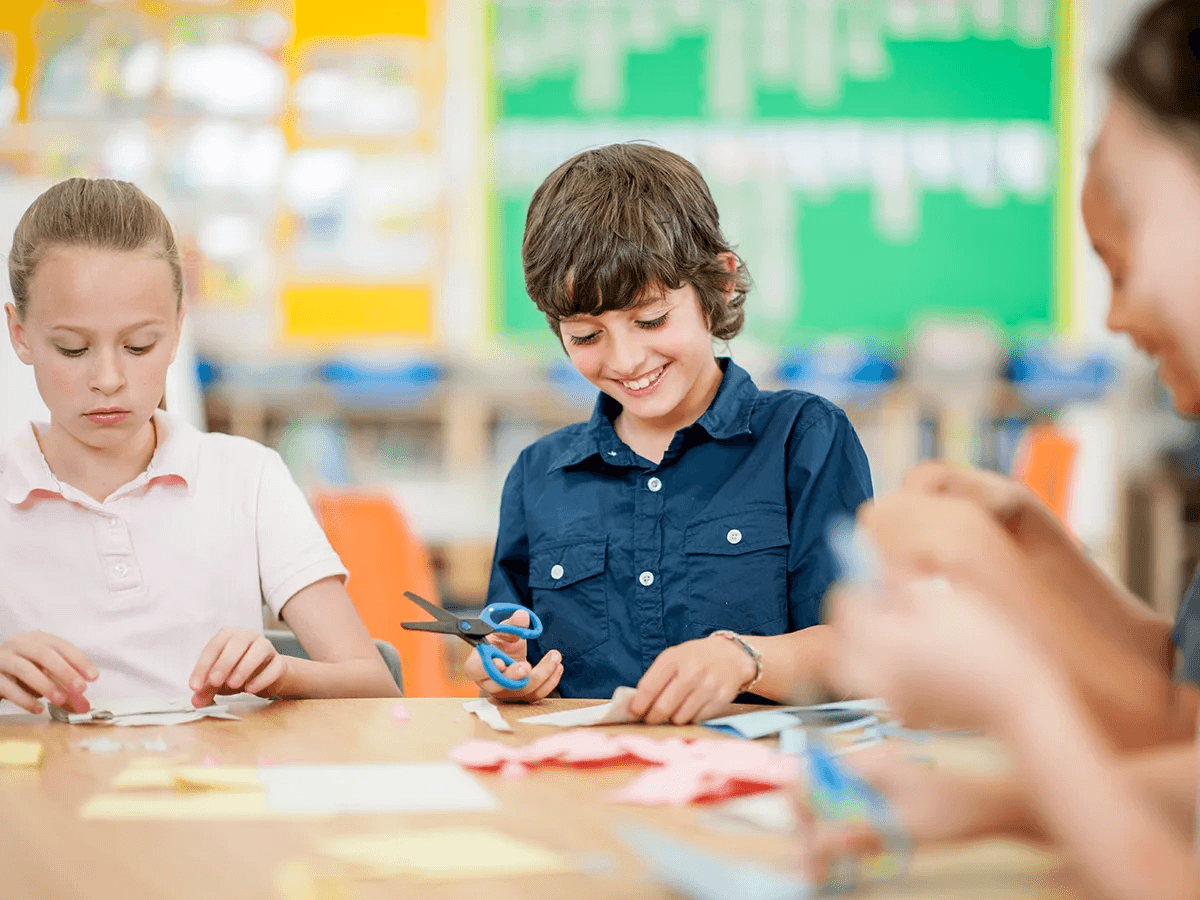Social networks are actively introducing artificial intelligence into their work. AI tools reduce the gap between an idea and its implementation. Neural networks penetrate deeper into content, services, and social network analytics, and users get used to a new type and pace of communication. They have a huge impact on social networks - AI generates content, improves advertising targeting, tracks user behavior, and monitors received data for subsequent analysis of trends and attitudes toward brands or events. According to Mordor Intelligence, the social media AI market will reach $5.66 billion by 2028. Thus, AI is becoming an integral part of modern marketing and, consequently, a powerful instrument in the hands of influencers.
Why do influencers need AI?
Social networks are a working environment for bloggers, streamers, and other influencers. Here, they promote their content, interact with subscribers, and attract new audiences. However, working on social networks requires significant effort, time, and resources. This is where AI enters the game. AI can automate a lot of processes an influencer deals with every day. AI-powered apps like ChatGPT can generate unique and high-quality articles and headlines.
Moreover, neural networks like MidJourney and Retomagic AI apps can create graphic content. Thus, artificial intelligence tools become reliable assistants of influencers. Since more and more marketers engage influencers in their marketing campaigns, it is logical to make the most of the AI potential.
In the realm of social media, advertising agencies in Michigan play a pivotal role. They collaborate with influencers to craft effective marketing strategies that resonate with local audiences. These agencies leverage AI-powered tools to analyze data and tailor campaigns for maximum impact. Furthermore, they employ AI to track the engagement and reach of influencer-generated content, ensuring a comprehensive and data-driven approach to influencer marketing. With the synergy between influencers and AI-driven advertising agencies in Michigan, the potential for successful, targeted campaigns reaches new heights.
Four ways to integrate AI into influencer marketing campaigns.
Artificial intelligence helps marketers optimize advertising campaigns and achieve maximum cost benefit. Using data analysis and machine learning, a neural network easily determines the best communication channels, target audience, and advertising details. How can AI help in case you are using an influencer to promote your goods and services?
Identifying the influencer
It is always a challenge to find the most suitable influencer. You may do research and get a dozen recommendations for promoting your product or service. But they may still need to fit the specific audience you are targeting. Possibly, you do not need a high-profile influencer, and a nano-influencer with fewer than 1,000 followers could be just fine.
With the aid of AI-driven tools, you can examine extensive datasets, filtering audience demographics, geographic location, interests, engagement metrics, impressions, reach, and content alignment. These tools enable you to align the influencer with your brand to determine their relevance. Moreover, AI can assist you in pinpointing influencers who might offer cost-effective collaboration opportunities.
The technology is also invaluable in providing a means of identifying the right influencer to promote products and services. In this context, small business marketing automation tools powered by AI prove helpful in filtering across broad data types, audience demographics, geographic locations, interests, engagement metrics, impressions, reach, and content alignment.
Detecting fraud
The influencer fraud rate is impressive – 45% of all influencers bought followers and their likes in 2022. AI prevents marketers from wasting their budget on influencers who have false followers or use automated bots to boost their engagement metrics artificially. AI can identify potential fraudulent activity by studying factors like the influencer's follower growth, engagement trends, comment quality, and the authenticity of their content.
AI tools can dig into an influencer's profile and scan the data. They can find unusual and alarming things. These tools can go beyond just looking at the number of followers and recent posts; they can spot a sudden, huge surge of followers. This might mean some of those followers were purchased. Additionally, AI can find issues like old posts that don't fit well with your brand's image.
Content optimization
Once you collaborate with the influencer – they are responsible for representing your brand. AI helps generate the most effective type of content to convey your values. It is even more efficient than A/B testing. AI tools can analyze millions of topics, pinpointing the ones that real people are interested in. With this information in hand, you can team up with the influencer to craft content that's practically guaranteed to generate the highest level of engagement.
AI can also be used to produce personalized content for each influencer, tailored to their followers, interests, and past interactions with the brand. This ensures that the content remains pertinent and captivating, resulting in increased engagement rates.
Measuring campaign metrics
AI allows marketers and influencers to monitor and assess the campaign performance. The AI mechanisms consider various website and social media metrics like reach, impressions, clicks, conversions, sales, and return on investment (ROI). Furthermore, AI can offer suggestions on how to enhance the campaign's results, whether that means reallocating the budget, refining the content strategy, or choosing a more suitable influencer.
Moreover, AI systems can predict whether an influencer will meet a brand's goals. This predictive ability serves as a powerful tool, offering a precise way to measure the success of a campaign. By relying on AI predictive capabilities, marketers minimize errors. AI also enables businesses to identify potential collaborations with micro-influencers, who are known for having highly engaged audiences compared to more well-known influencers.
Challenges of using AI in influencer marketing.
Alongside numerous benefits, there are some challenges AI has. There are several alarming things to monitor:
- Copyright issues. Although AI-based tools might create content from thin air, the reality is a bit different. These tools are actually trained using pre-existing data, and their operation involves generating output by using existing materials.
- Lack of human touch. AL tools can hardly provide innovative ideas. You cannot fully rely on AI when crafting content – influences must still use their human creativity, originality, and hard work to build authentic connections and reliable relationships with their followers.
- Fake content. It is one of the most frustrating drawbacks of AI. The evolution of deep fake technology has made it increasingly simple to produce convincing videos and images that can trick even the most attentive users. This is a real obstacle in influencer marketing, as it may ruin the trust between influencers and their audience.
Wrapping up
By integrating AI into your influencer marketing campaign, you can make better decisions and save time, and enhance the overall effectiveness of your collaboration with influencers. Additionally, AI-driven insights can help you adapt your strategies in real-time, ensuring that your campaign remains dynamic and responsive to your audience's changing preferences and behaviors. But, at the same time, it is crucial not to rely on technology only. Influences interact with live audiences and should deliver fresh and creative ideas that only a human is capable of. Thus, marketers must keep a sound balance between automation and human roles to ensure marketing campaign uniqueness and success.





